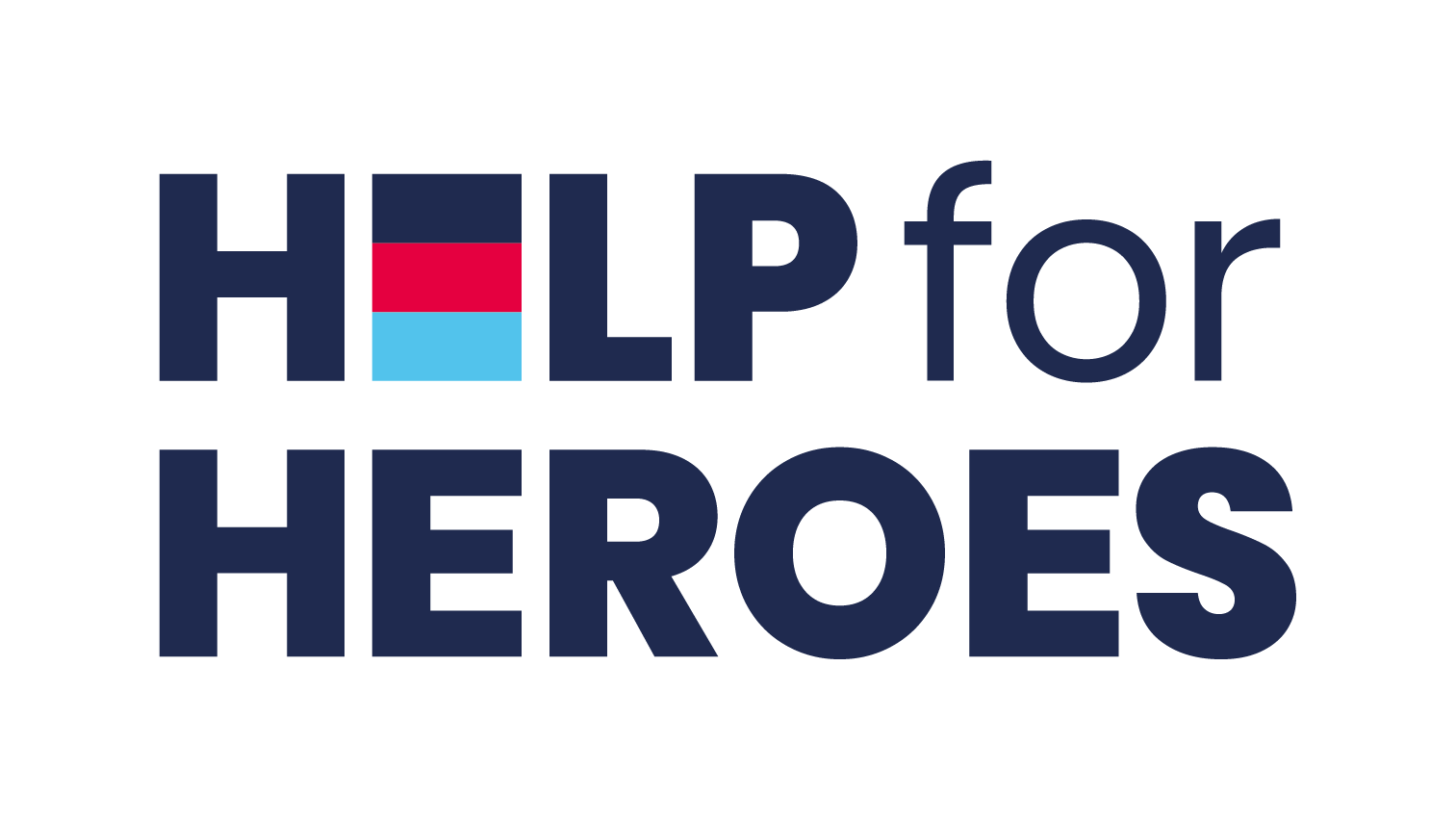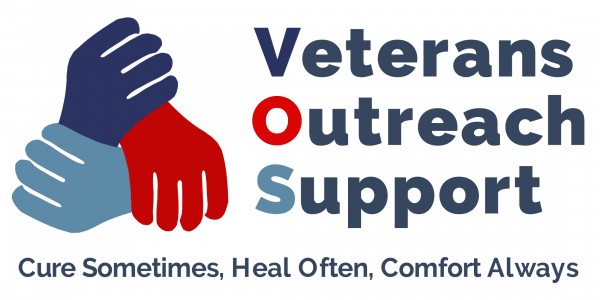https://www.youtube.com/watch?v=QAFBwpQ4kA8
Help for Heroes has released new research which reveals that one in four (23 per cent) partners or family members of an Armed Services Veteran or Service Person state that their own wellbeing and mental health has been directly affected as a result of their family member’s situation. Many are suffering in silence with 16 per cent saying they would try to cope with any issues alone, with only 5 per cent saying they would seek help from a mental health professional.
Stigma is the main reason many of those surveyed do not speak up: 39 per cent said that they “don’t feel [they] have the right to seek help”, almost half (43 per cent) say they “need to be the strong one”, and 16 per cent admitting they would be “afraid of appearing weak”. One in three would turn to a family member, friend or other veteran wives and families before approaching their GP or a medical professional.
Almost one in three (30 per cent) of affected family members suffer from Depression and anxiety.
Help for Heroes estimates that almost 200,0002 partners and family members of Veterans in the UK whose well-being could be suffering as a result of their role supporting their loved one1. Of these, it is estimated that approximately 30,000 family3 members are not speaking to anyone about it and are suffering in complete silence.
For many veterans their problems – physical or emotional – are so overwhelming it affects their whole family. Many wives and partners find themselves struggling to not only care for the veteran, but also hold down a job and keep a family together at the same time.
Karen Mead, Head of Psychological Wellbeing, Help for Heroes, said: “Stigma continues to be a big barrier in coming forward for support for serving personnel and veterans but also their families. This is a concern. We need to reach these families to let them know if they need support, we are here for them. Help for Heroes Hidden Wounds offers free and confidential advice to the family members of these Veterans, if they are worried about the impact of their Veteran’s mental health on their own wellbeing.”
She added: “There are tens of thousands of wives, sons, daughters and parents out there who have been so affected by the impact of their loved one’s military service that their mental health is suffering too. Caring for a loved one with physical injuries, or mental health conditions such as PTSD, can lead to serious consequences for the carers’ wellbeing. When Veterans are struggling, their loved ones can be a force for good. Seeking help is a very courageous thing to do. We need to remind families that they are an important part of their veteran’s support network and they are just as deserving of support as their veteran.”
The private despair these family members suffer had largely gone unnoticed until Help for Heroes launched its Hidden Wounds initiative in 2014. The service provides free and confidential support to ex-Service Personnel, their families and the families of those still serving, who are living with anxiety, depression, stress, anger or who wish to change their drinking habits. Now in its fourth year, Hidden Wounds has already helped almost 2,000 veterans and their families, but tens of thousands more are in need of the unique support offered by the service.
Help for Heroes also offers the Band of Sisters fellowship, a community for family members of wounded, injured or sick Veterans and Service Personnel. The Charity also recently launched its ‘The Force for Good’ campaign to celebrate its 10th anniversary, which recognises the potential in the wounded, injured and sick who have served their country.
Help for Heroes is working with King’s College London to identify better ways to support the loved one’s of ex-service personnel with mental health problems to access care. Family members who are concerned about the mental health of a Veteran close to them can contact Hidden Wounds using the following details:
Email: hidden.wounds@helpforheroes.org.uk Tel: 0808 2020 144 (free from UK landlines)
ENDS
Notes:
All figures, unless otherwise stated, are from YouGov Plc. Total sample size was 4164 adults. Fieldwork was undertaken between 20th – 27th December 2017. The survey was carried out online. The figures have been weighted and are representative of all GB adults (aged 18+).
Kings College London study: https://www.kcl.ac.uk/ioppn/news/records/2016/January/New-study-highlights-scale-of-health-support-needed-by-army-veterans.aspx
YouGov results showed 23% of family members have been negatively affected by their loved one’s service. Kings College study showed there were 860,927 partners and children of regulars and reservists between 1991-2014.
Research among 802 serving and veteran Armed Forces personnel with research agency YouGov.
To see the full Blue Monday YouGov research report click here. https://d25d2506sfb94s.cloudfront.net/cumulus_uploads/document/pihcvbhegw/YG-Archive-110118-HelpForHeroes.pdf
About Help for Heroes:
Help for Heroes supports those with injuries and illnesses sustained while serving in the British Armed Forces. No matter when someone served, Help for Heroes offers the support they need to lead active, independent and fulfilling lives.
The charity’s specialist teams focus on the five key areas of an individual’s life: medical, mind, body, spirit and family. It provides support to the whole family to help them all cope with the challenges they face.
Long-term recovery is more than repairing damaged bodies and minds; it’s about rebuilding lives.

















